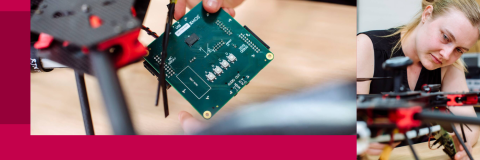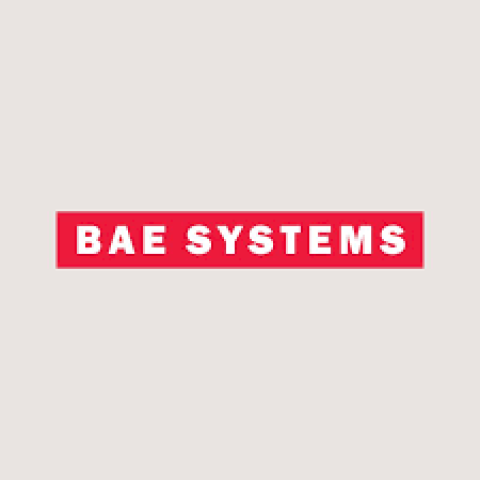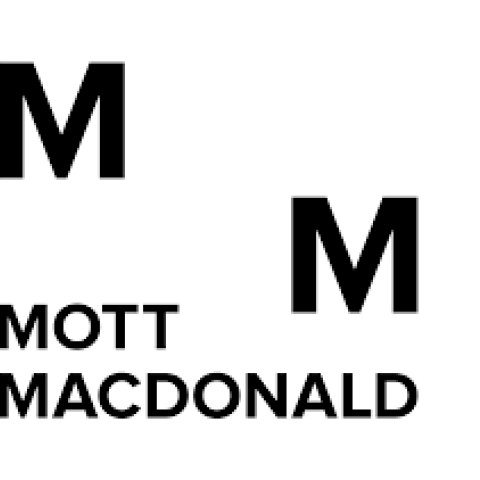
Undertaking work experience is invaluable to develop expertise and the all-important transferable skills, which will help you demonstrate your motivation and commitment to this area of work. The key to success is to prepare thoroughly, do your research and organise your experience in good time. Think about small and medium size companies as well as large organisations.
Types of opportunities
Below are some examples of the different types of opportunities to gain experience while you study.
Placements usually last between 6-12 months and can be taken as part of your degree programme. A placement year in the engineering sector will provide you with an invaluable insight into working life and offer a unique opportunity to apply the industry knowledge you are learning as part of your studies. If you are interested in completing a placement year, speak to the Placement Team within the Careers & Employability Service.
Find out more about placements
Many Engineering students do a Self-Employed Placement, working on their own business idea while gaining useful entrepreneurial skills.
An internship is a short-term work experience opportunity which can provide relevant, industry-specific skills and experience.
These opportunities usually last between one to four months and typically take place over the summer.
Getting involved in volunteering gives you the opportunity to develop employability skills and experience a variety of working environments. Discover opportunities through the Volunteering Bank on MyCareer, listing roles like:
- STEM Ambassador with STEM Learning
- Boat Restoration Volunteer with Boathouse 4
- Repairer at Repair Cafe
Useful resources to find placements and internship
- HigherIn – offers information on placements, internships, insights and work experience with a range of companies and organisations across the engineering sector.
- Gradcracker – as the UK’s careers website for Technology students, Gradcracker provides a search function for placements and internships relevant to your degree discipline.
- TARGETjobs – provides information on different career sectors within engineering, with the ability to search for placement and internship opportunities.
- Prospects – has its own search tool for work experience opportunities across sectors, including mechanical, manufacturing and electronic engineering.
- Milkround – provides a search tool for internships and industrial placements across sectors, including engineering and manufacturing.
- Bright Network - gives listings of internships, placements, graduate jobs, special events with employers and general career advice across all sectors
- Beetroot – links to a variety of internships and placements in the UK, including across engineering sectors.
- Step Recruitment – provider of paid student and graduate internships and placements across a range of sectors, including engineering.
Where to find opportunities
We recommend starting your search using our online jobs board, MyCareer. You can also find general online job boards and advice through our Graduate Jobs page.
Sector Specific Job Boards
Speculative applications
Speculative applications involve sending a CV and cover letter to an employer to ask if they have any vacancies, even if the company is not currently advertising for a role. They're a great way to access "hidden jobs" that go unadvertised.
Submitting a speculative application shows your interest in a specific company and your willingness to go above and beyond to develop your skills and understanding of the industry.
Explore the Engineering & Manufacturing Career Guide
Engineering and manufacturing career guide
Your guide to building a career in the engineering and manufacturing sectors.
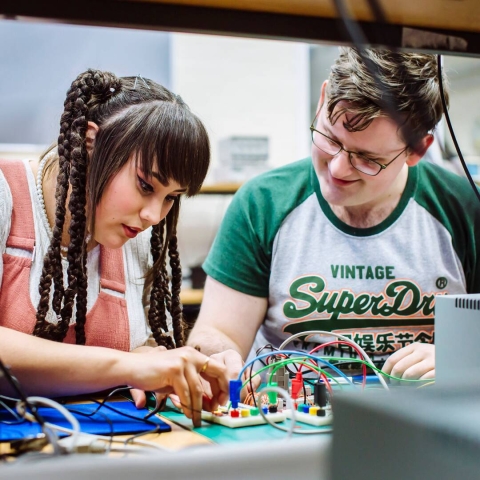
Getting started in engineering and manufacturing
Take the first steps to researching a career in engineering and manufacturing.
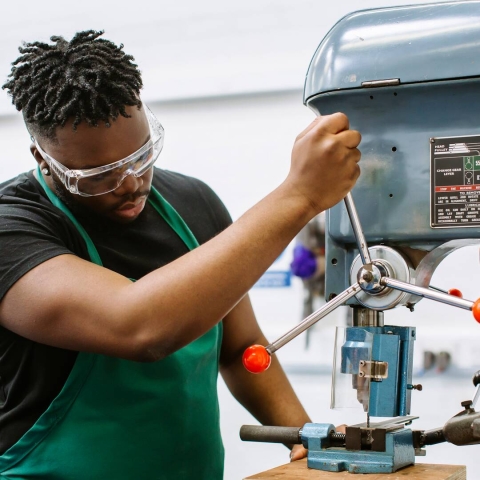
Finding a job in engineering and manufacturing
Explore different ways you can secure employment in engineering and manufacturing after you graduate.

Enable University alerts
Turn on notifications for critical updates like closures, safety alerts, and urgent service disruptions.






